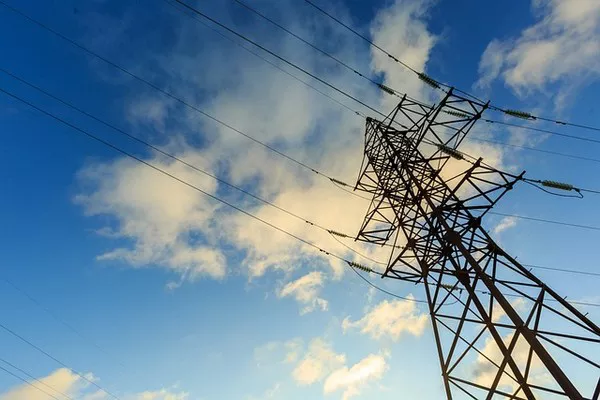Artificial intelligence (AI) is reshaping the landscape of renewable energy grid operations through innovations like digital twins, real-time monitoring, and predictive analysis. This technology holds immense promise for enhancing efficiency and overcoming challenges in the design and operation of renewable energy systems, particularly in hydropower.
Hydropower Modernization with AI
Hydropower, which accounts for 6.2% of U.S. electricity and a significant portion of renewable energy, faces infrastructure aging issues. AI offers solutions to improve hydropower efficiency and operational effectiveness. Researchers from Pacific Northwest National Laboratory (PNNL) and Oak Ridge National Laboratory (ORNL) have pioneered the development of AI digital twins for hydroelectric plants.
At facilities like the Alder Dam in Washington, AI digital twins replicate physical systems using historical data, maintenance records, and real-time sensor inputs. These virtual models enable operators to predict outcomes, optimize performance, and simulate scenarios for enhanced decision-making.
Applications Across Renewable Energy
AI extends its influence across various aspects of renewable energy:
Planning and Design: AI aids in designing optimal layouts for wind farms through advanced simulations and neural networks, optimizing turbine placement and reducing land use.
Addressing Intermittency: AI manages fluctuations in solar and wind energy production by optimizing battery storage systems. This includes efficient charging and discharging of batteries based on weather forecasts and energy demand patterns.
Predictive Maintenance: Machine learning algorithms predict maintenance needs in renewable infrastructure, minimizing downtime and extending equipment lifespan.
Distributed Energy Resources Management: AI facilitates the integration and management of distributed energy resources like microgrids, optimizing energy flow and ensuring grid stability.
Challenges and Considerations
While AI offers substantial benefits, challenges such as energy-intensive data processing and cybersecurity vulnerabilities need addressing. Researchers are actively mitigating these concerns to maximize the net benefits of renewable energy adoption.
The Department of Energy underscores the importance of human oversight in interpreting AI-generated insights and ensuring compliance with safety and regulatory standards. While AI augments decision-making processes, human expertise remains indispensable for critical oversight and ethical considerations.
In conclusion, AI’s integration into renewable energy operations promises to revolutionize efficiency, reliability, and sustainability across the energy sector. As technologies evolve, collaboration between researchers, industry stakeholders, and policymakers will be pivotal in harnessing AI’s full potential for a greener future.

